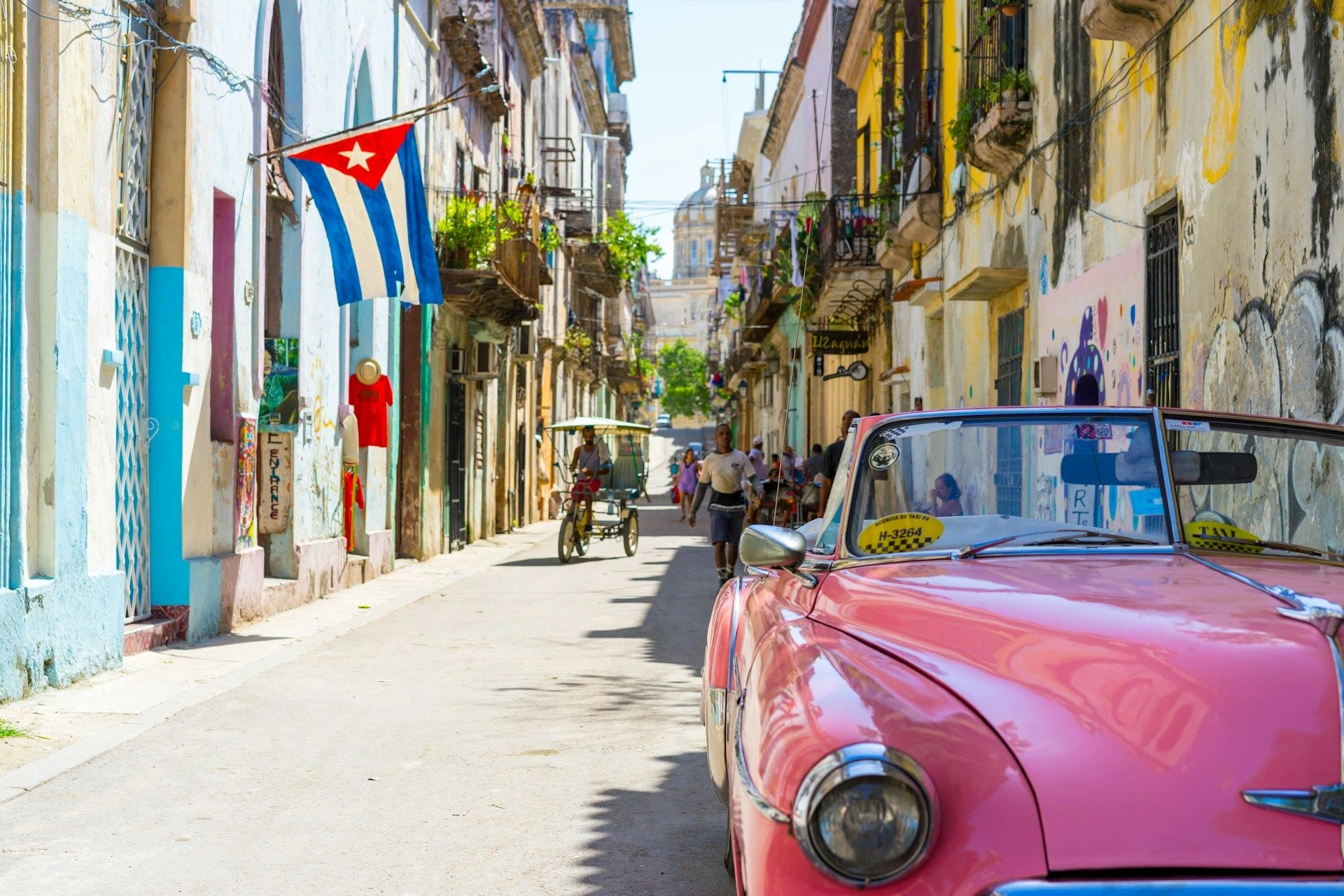Next Investment Property in GuantanamoReal estate near hillsplazas, and daily markets

Best offers
in Guantanamo
Benefits of investment in
Cuba real estate

Guide for real estate
investors in Cuba
read here
Historic cities with international interest
Havana and other cultural hubs attract global travelers, creative industries, and investors in tourism infrastructure.
Tourism-driven property formats
Select zones support investment in hospitality-related developments and managed residences.
Ongoing modernization and new market segments
Urban upgrades and international cooperation bring fresh energy to the property landscape.
Historic cities with international interest
Havana and other cultural hubs attract global travelers, creative industries, and investors in tourism infrastructure.
Tourism-driven property formats
Select zones support investment in hospitality-related developments and managed residences.
Ongoing modernization and new market segments
Urban upgrades and international cooperation bring fresh energy to the property landscape.
Property highlights
in Cuba, Guantanamo from our specialists
Found: 0

Useful articles
and recommendations from experts
Real Estate in Guantánamo, Cuba
Why Consider Guantánamo for Real Estate Investment
Guantánamo, located in the southeastern tip of Cuba, is often known internationally for the U.S. naval base located in the bay. However, beyond the geopolitics, the city of Guantánamo offers a unique blend of culture, affordability, and local vibrancy. It is a regional capital with deep Afro-Caribbean roots, historical architecture, and growing domestic development. While foreign ownership of property in Cuba is highly restricted, Guantánamo represents an opportunity for Cuban nationals, expats, or foreign partners with legal connections to invest in one of the country’s lesser-known but culturally significant cities.
Types of Property in Guantánamo
Real estate options in Guantánamo span residential, commercial, and tourism-related uses. Most properties are modest and functional, but there are also colonial-era homes with architectural value:
- Single-family homes — Common across the city’s neighborhoods, with basic construction and flat roofs.
- Colonial houses — Located mainly in the city center, many feature internal courtyards and original facades.
- Casas particulares — Licensed homes for tourist rentals, increasingly present due to domestic tourism.
- Small apartment blocks — Soviet-style constructions offering multi-unit housing with low maintenance needs.
- Commercial properties — Small shops and spaces for paladares (private restaurants), especially near markets and transit hubs.
- Restoration properties — Structures in need of repair, ideal for those with renovation skills and resources.
Legal Regulations and Ownership for Foreigners
As in all parts of Cuba, the real estate market in Guantánamo is tightly controlled by the state. Ownership regulations include:
- Foreign nationals — Cannot directly own property unless they are permanent residents or legally married to Cuban citizens.
- Cubans and residents — May freely buy and sell real estate within the legal framework established in 2011.
- Casas particulares and paladares — Legal for Cubans and long-term residents; generate rental or business income.
- Joint ventures in tourism — Only possible for foreigners when partnering with state-owned entities like Gaviota or Cubanacán.
- No bank financing — All property transactions are cash-based with no access to mortgages or credit.
Property Prices and Market Conditions
Guantánamo is one of the most affordable provincial capitals in Cuba:
- Basic homes (outlying neighborhoods): $10,000 – $30,000
- Colonial homes (city center): $25,000 – $60,000 depending on restoration level
- Casas particulares: $20,000 – $50,000 depending on licensing and furnishings
- Commercial properties: $30,000 – $70,000 for small stores or guesthouse conversions
Tourism and Rental Potential
Although Guantánamo receives fewer international visitors than cities like Havana or Trinidad, there is growing internal tourism and niche interest from cultural and ecological travelers:
- Casas particulares — Short-term rentals for domestic travelers and cultural tourists.
- Guesthouses with music or cultural themes — Capitalizing on the city's musical and Afro-Cuban heritage.
- Properties near public transport — Attractive for those transiting between eastern provinces.
- Small-scale paladares — Home-based eateries offering traditional cuisine to locals and visitors.
Top Neighborhoods for Property Purchase
Key areas in and around Guantánamo include:
- Centro Histórico — The colonial center, ideal for tourism-facing properties and restoration projects.
- San Justo — Residential neighborhood with wider streets and larger plots.
- Los Cocos — Known for simple, family-oriented housing and community feel.
- Reparto Caribe — A newer residential area with basic infrastructure and room for expansion.
- Surroundings of Baracoa (province) — Though technically a separate municipality, Baracoa offers exceptional potential for eco-lodges and scenic guesthouses.
Investor Profiles and Examples
People who invest in Guantánamo real estate usually fall into one of the following categories:
- Cuban nationals — Buying or upgrading family homes, often funded by remittances from abroad.
- Foreigners married to Cubans — Investing in tourist rentals under their spouse’s name.
- Retired Cubans returning from overseas — Settling in their hometown with cash savings.
- Entrepreneurs — Opening casas particulares or family-run restaurants.
Challenges and Considerations
As with all real estate investment in Cuba, caution and local expertise are essential:
- Legal restrictions — Foreign ownership is limited; legal partnerships or family ties are often required.
- Infrastructure limitations — Intermittent electricity, water shortages, and poor road quality outside the city core.
- Renovation logistics — Building materials can be expensive or difficult to source consistently.
- Cash-based transactions — No access to formal escrow, title insurance, or mortgage systems.
- Limited resale options — Resale is confined to the domestic market, with limited liquidity and informal pricing mechanisms.
Conclusion: Should You Buy Property in Guantánamo?
Guantánamo is not a mainstream real estate destination — but it offers authentic, affordable, and potentially rewarding opportunities for those with the right legal access and local partnerships. For Cuban citizens, returnees, and those connected through marriage or residency, investing in residential or tourism-oriented properties can deliver long-term value. Guantánamo’s low entry prices, cultural uniqueness, and provincial government attention to infrastructure make it an appealing — though unconventional — location for investors aligned with Cuba’s evolving real estate landscape.